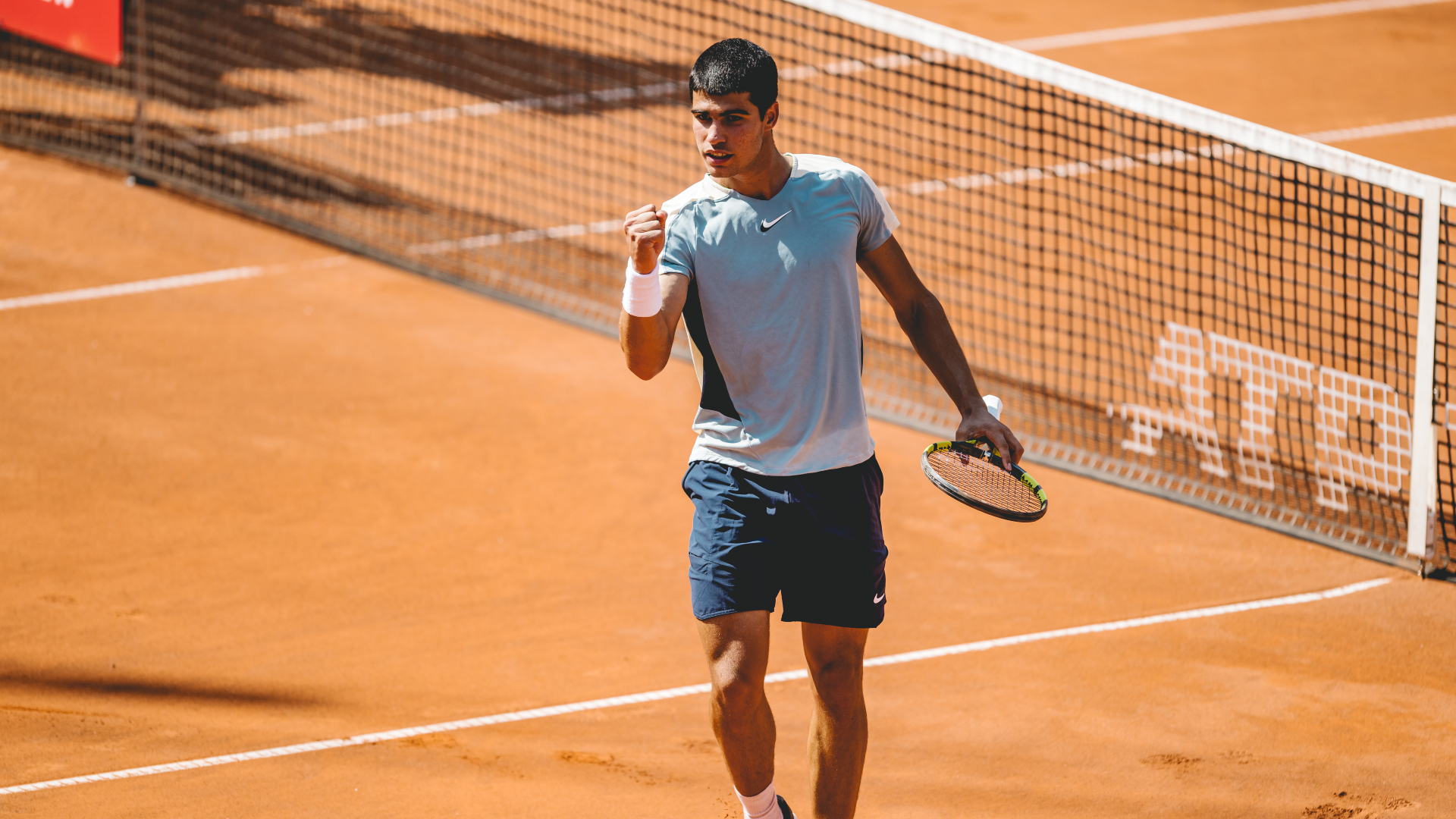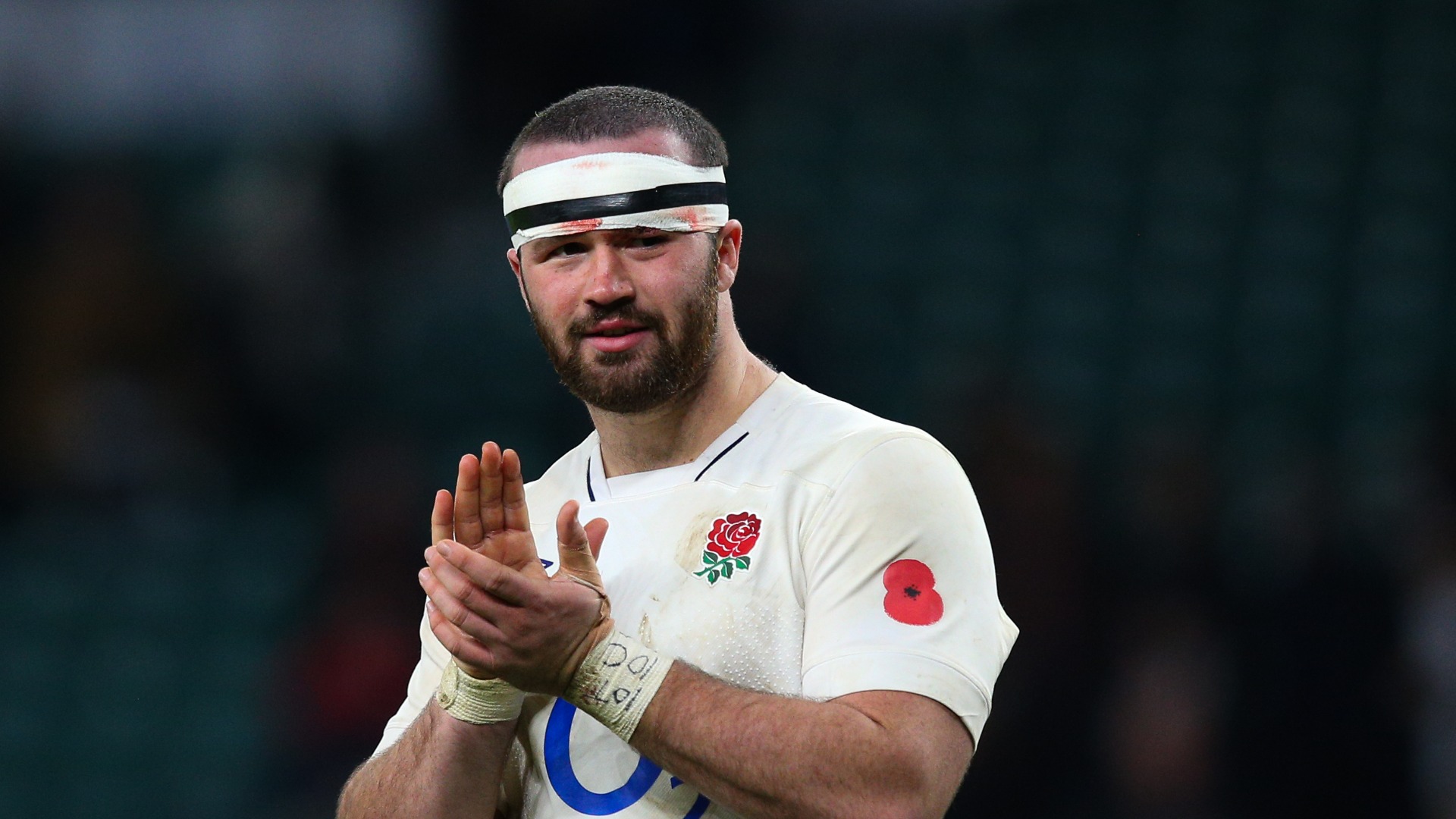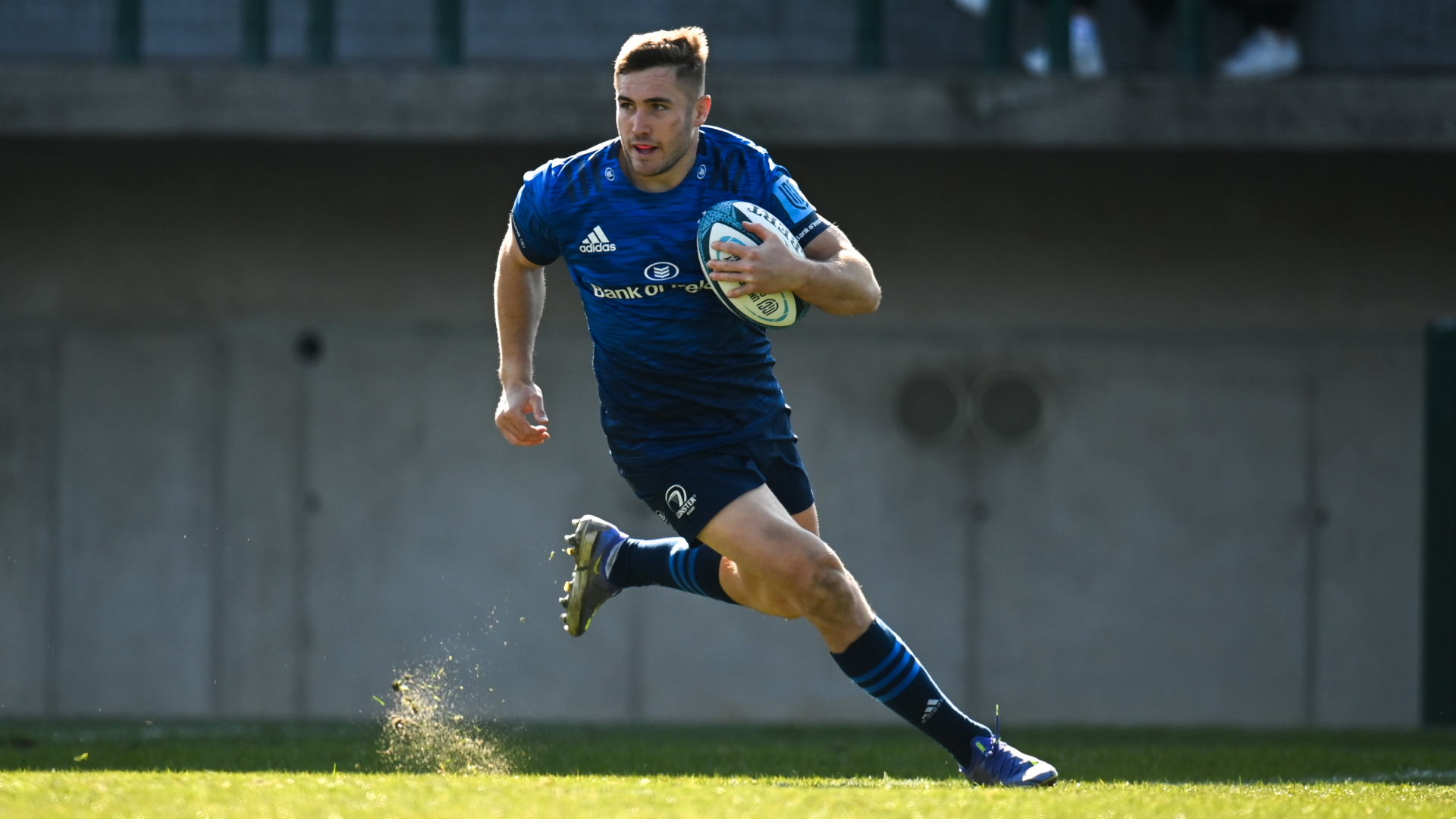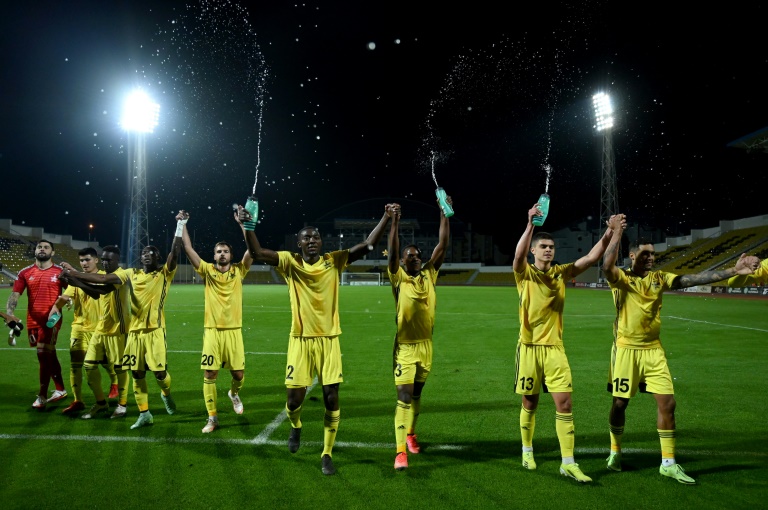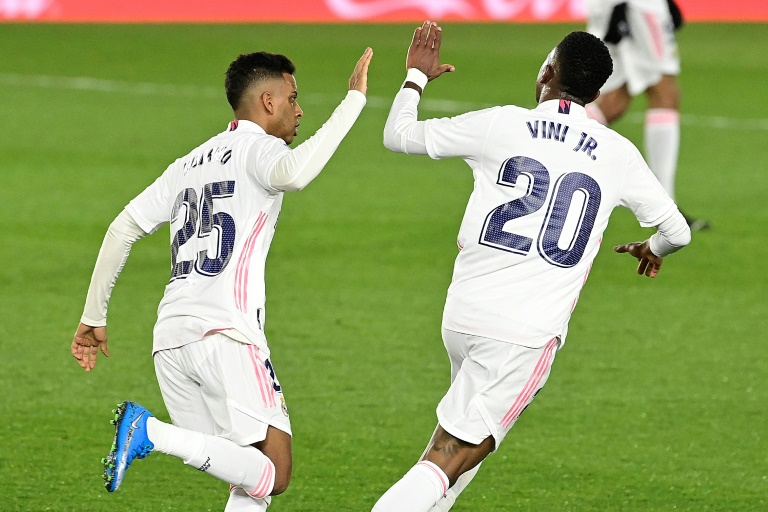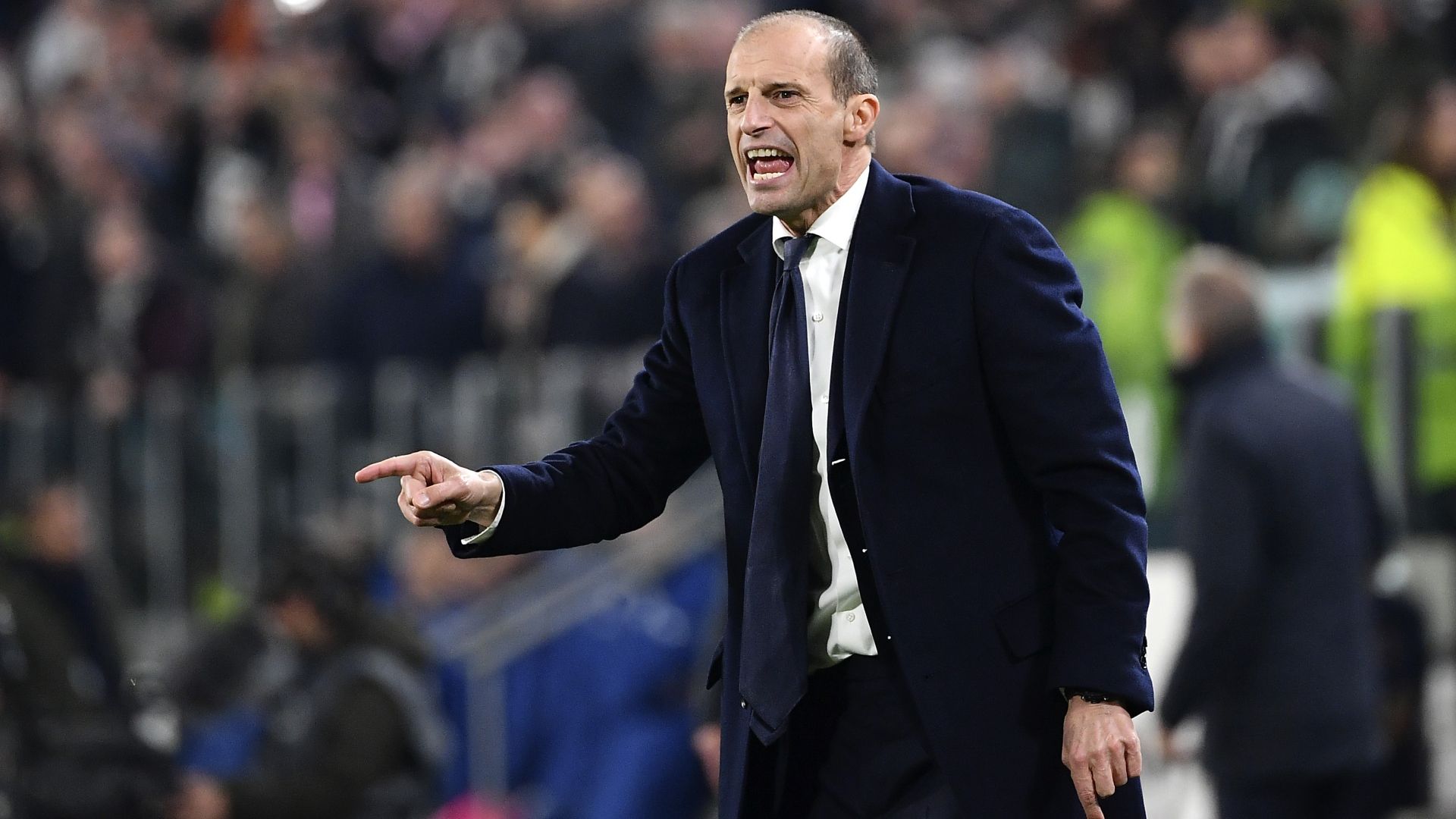
With all eyes on the World Cup, it has been easy to overlook the current scandal going on at Juventus.
Last week, the entire board of directors resigned from the club, which included the president Andrea Agnelli and legendary former midfielder Pavel Nedved.
This news followed a troubled first section of the season for the Bianconeri, before the break for the Qatar showpiece.
The Old Lady could only finish third in their Champions League group and had a sluggish start to their Serie A campaign but did find some form in the closing weeks.
With the resumption of club football soon upon us, here is the lowdown on just what is going on at the Turin giants.
Turin trouble
The current troubles of the club are an offshoot of the plusvalenza investigation that took place in 2021.
This Italian government investigation concerned capital gains on the transfer market, with a number of deals being looked into.
Specifically, a number of clubs were being assessed over whether they had inflated transfer values. Some 62 deals that took place between 2019 and 2021 were analysed, with 42 involving Juventus.
One such transfer was the exchange that saw Arthur Melo join Juve for around £65million from Barcelona and Miralem Pjanic move the other way for around £51m. Pjanic was 31 at the time of the 2020 move.
Only a small amount of money actually changed hands, but the accounting reality was very different. When a player is sold the fee is recognised as immediate income, while a purchase fee is spread over the length of the contract.
Clearly the potential is there for a club to gain an accounting advantage by inflating the value of a transfer sale.
Juve investigation
In April, the plusvalenza investigation came to a head at a sporting court, with Juventus and the other clubs involved cleared of wrongdoing.
The judge ruled that it was impossible to accurately access the value of a player outside of what the respective clubs had decided.
Yet the Turin prosecutor’s office were also investigating the matter and while doing so unearthed another accountancy allegation.
During the pandemic in 2020, Juventus claimed that their players had given up four months’ worth of salary. The prosecutor’s office are said to have evidence that this portion of wages was actually paid to the players but not recorded in the books.
Juventus are listed on the stock exchange, so any inaccuracy in their accounting which can then in turn affect their share price would see a number of laws broken.
Some 11 individuals and Juve as a club are said to have been put forward for trial over the alleged financial irregularities, including the former chief football officer Fabio Paratici, who now works for Tottenham.
Deja Ju
LaLiga filed an official complaint with UEFA in April concerning possible financial fair play breaches by Juventus, Manchester City and Paris Saint-Germain.
After the Juve board resigned, LaLiga released a press release calling for sporting sanctions to be applied to the club.
UEFA responded by announcing that they will open an investigation concerning potential violations.
How the governing body will deal with this matter will be fascinating, considering that Juve were one of the leading clubs behind the proposed breakaway European Super League.
No strangers to scandal, the Turin outfit were famously relegated to Serie B in 2006, in response to their part in the Calciopoli furore that rocked Italian football.
It would seem unlikely that such an action could be applied again. It would have to be proved that without any creative accounting, Juventus would have failed their financial review for registration with Serie A.
January blues
So what does the current investigation mean for Juventus on the football field and the January transfer window?
From a practical perspective, there is the question of who signs off on transfers. The sporting director Federico Cherubini and manager Max Allegri remain in place, but the club will not have a president until January 18, when Gianluca Ferrero is expected to take charge.
Attracting players who have plenty of alternative options could be tricky, with Juventus representing a risky proposition at a time when they are in danger of financial, legal and sporting punishments.
That said, Juve remain one of the biggest clubs in the world and whatever their problems, they will remain an attractive proposition for many footballers.
Other major sides will no doubt be circling, hoping that the off-field issues will result in major talents such as Bremer, Manuel Locatelli, Federico Chiesa or Dusan Vlahovic become available.
In the short term, French midfielder Adrien Rabiot could leave, with his contract up in the summer.
There is at least some good news for the Bianconeri. Despite Allegri looking in danger of the sack earlier on this season, his team won their last six Serie A games before the World Cup break and rose to third in the table.




